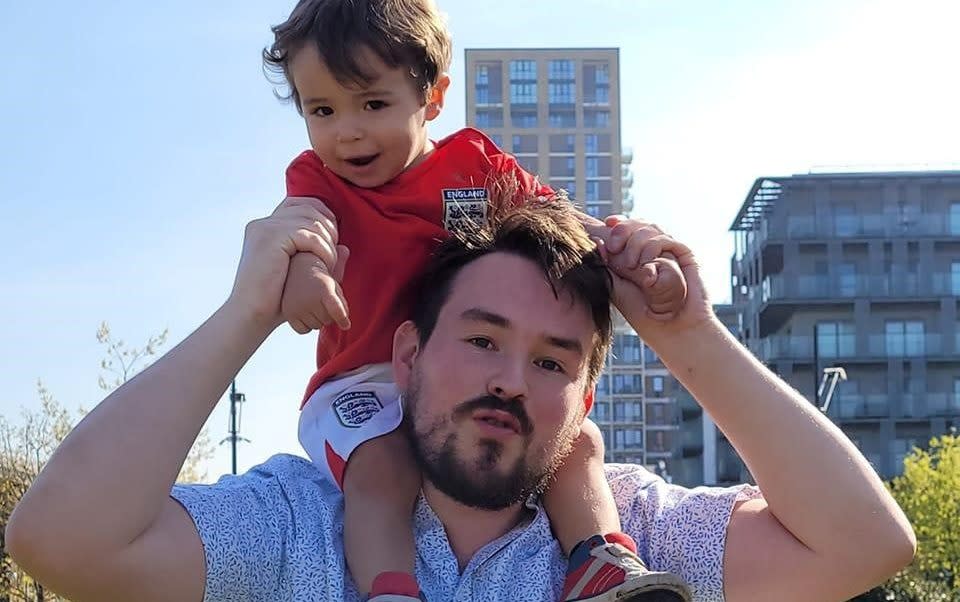Rheumatoid arthritis can be prevented, study shows

Rheumatoid arthritis can be prevented, a breakthrough Lancet study has found.
Weekly injections of the drug, abatacept, cut the risk of developing the auto-immune disease by 80 per cent during a trial.
Experts hailed the results as they claimed “it is now possible to prevent the onset of rheumatoid arthritis”.
According to the NHS, it is the second most common form of arthritis, after osteoarthritis, which is also known as “wear and tear” arthritis because it develops with age and overuse of the joints.
Rheumatoid arthritis (RA) affects half a million people in Great Britain and is most commonly diagnosed between the ages of 40 and 60. It occurs when the immune system starts attacking healthy cells, causing debilitating pain, swelling and inflammation in the joints, typically the hands, wrists and knees.
It is also incurable. Until now, there had been no way to prevent it.
Researchers from King’s College London recruited 213 participants with early symptoms of RA. They had joint pain and a positive test for specific antibodies in the blood, known as anti-citrullinated protein antibodies (ACPA).
Antibody trigger
The presence of these antibodies is the most accurate way to predict a future RA diagnosis, and scientists believe they trigger the subsequent attack of joints by the immune system.
In the trial, half of the participants were given weekly injections of abatacept, while the other half were given a placebo over the course of 12 months.
At the end of the year, just six per cent of those taking the drug had developed RA compared with 29 per cent who were taking a placebo.
Abatacept helps to reduce the activity of the immune system, stopping the body from attacking itself. It is already available on the NHS for patients who have not benefited from other arthritis treatments, such as disease-modifying anti-rheumatic drugs.
Prof Andrew Cope, lead researcher from King’s College London, said it was “the largest rheumatoid arthritis prevention trial to date” and the first to show a treatment “effective in preventing the onset of disease in people at risk”.
He added: “There are currently no drugs available that prevent this potentially crippling disease. These initial results could be good news for people at risk of arthritis.”
The next step is to pin down who is most at risk to ensure they receive the drug, he said, although regulators will first need to be convinced of its effectiveness.

He added that it was “promising news” for the NHS given the expense of treating arthritis patients in a growing and ageing population.
The most recent analysis says RA costs the NHS £560 million a year, and almost £5 billion to the wider economy. One in three people are unable to work within five years of a diagnosis.
Sufferers are three times more likely to be women, and more likely to develop other conditions, such as osteoporosis, which is a weakening of the bones.
The treatment, which costs about £10,000 per patient per year, could help to prevent or delay the 27,000 new cases annually.
Prof Lucy Donaldson, director for research and health intelligence at the Versus Arthritis charity, said it “offers hope to thousands of people living with – or at risk of developing – rheumatoid arthritis”.
She said it “highlights how important it is to spot the early signs of arthritis to give us a chance at stopping it in its tracks”, but added that there were currently “unacceptable” delays in diagnosis.
The researchers followed up with the participants a year after treatment had ended and found that 25 per cent who had taken abatacept had developed RA compared with 37 per cent who had not, suggesting there were still benefits from the drug, but it would likely need to be taken longer term by people at risk.
Better quality of life
Professor Sir Ravinder Maini, a rheumatologist and emeritus professor at Imperial College London, said the results show “almost all individuals receiving the biologic drug showed no symptoms or signs” and that it “demonstrates that it is now possible to prevent the onset of RA”.
The trial also found that people taking the drug had a better quality of life, less pain and lower levels of inflammation in the lining of their joints during ultrasound scans.
Philip Day, 35, a software engineer who took part in the trial said the treatment gave him “a ray of hope at a dark time”.
He said the pain caused by RA was “terrible” and “unpredictable”.
“It would show up in my knees one day, my elbows the next, and then my wrists or even my neck. At the time, my wife and I wanted to have children and I realised my future was pretty bleak if the disease progressed,” he said.
“Within a few months [of treatment] I had no more aches or pains and five years on I’d say I’ve been cured. Now, I can play football with my three-year-old son and have a normal life.”
Side effects of the treatment are generally mild, but can include nausea, vomiting, respiratory infections and dizziness.
Bristol-Myers Squibb, which manufactures the drug under brand name Orencia and funded the study, will need to gather and present evidence on the drug’s effectiveness at preventing rheumatoid arthritis before regulators consider its roll out on the NHS.
Recommended
Five ways to tackle the joint pain of arthritis

